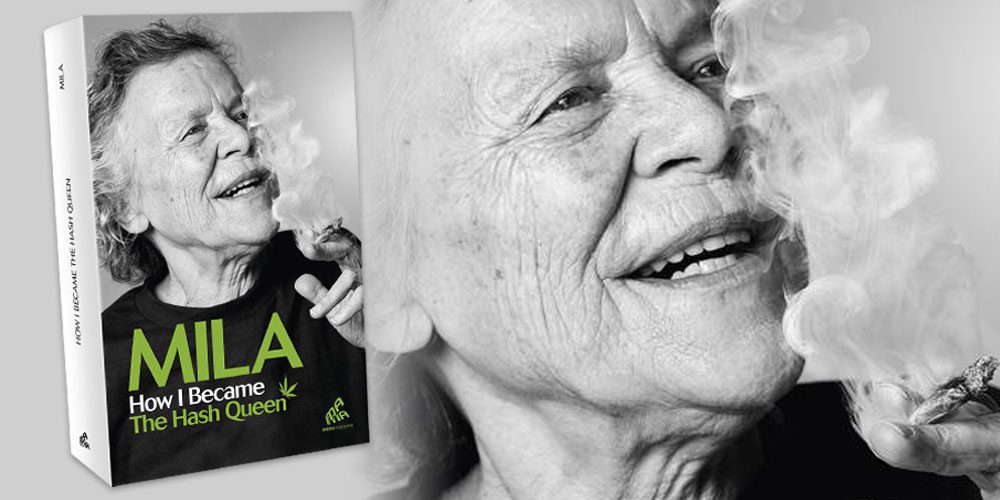
Mila Jansen, the queen of hashish
De: Laura Rueda Cultura
A Kannabia Seed Company vende sementes de hobby (coleção) para uso pessoal para seus clientes. É proibida a sua germinação e cultivo. O comprador compromete-se a consultar a legislação em vigor no seu país de residência para evitar incorrer na prática de uma atividade ilegal.
 Fast free shipping
Fast free shipping Iberian Peninsula express shipping
0€ Orders over 60€
*6€ orders under 59€
East, West, South Europe express shipping
0€ Orders over 150€
*18€ orders under 149€
North Europe express shipping
0€ Orders over 160€
*20€ orders under 159€
Ireland, Norway, UK normal shipping
0€ Orders over 60€
*6€ orders under 59€
Rest of the world normal shipping
0€ Orders over 180€
*25€ orders under 179€
Shipping costs can be confirmed in your shopping cart.
For additional shipping methods, please reach out through info@kannabia.com.
 Coupons
Coupons 

*Your coupon will be sent via email.
 Customer support
Customer support 
*Should you have any question, comment or feedback, please do not hesitate to contact us.